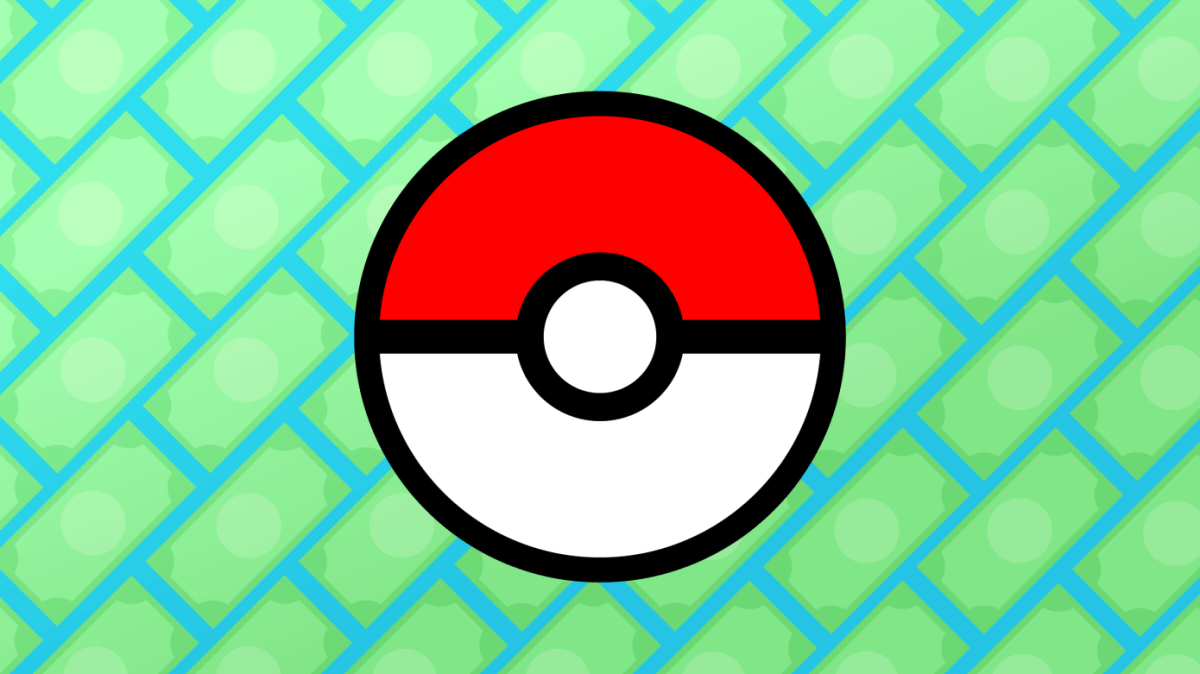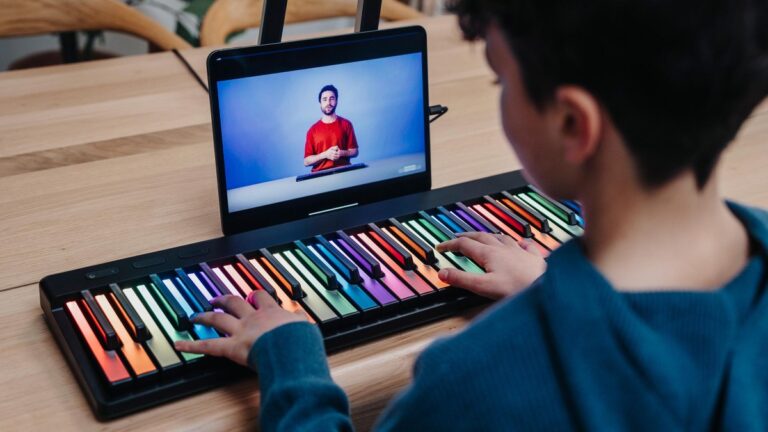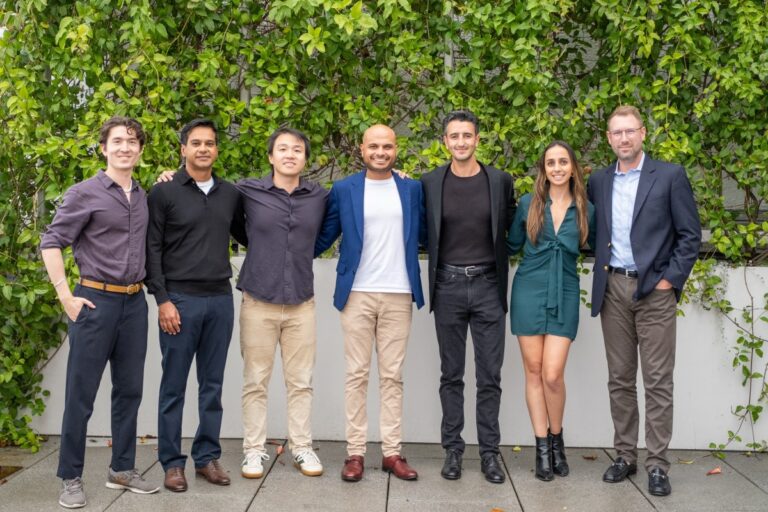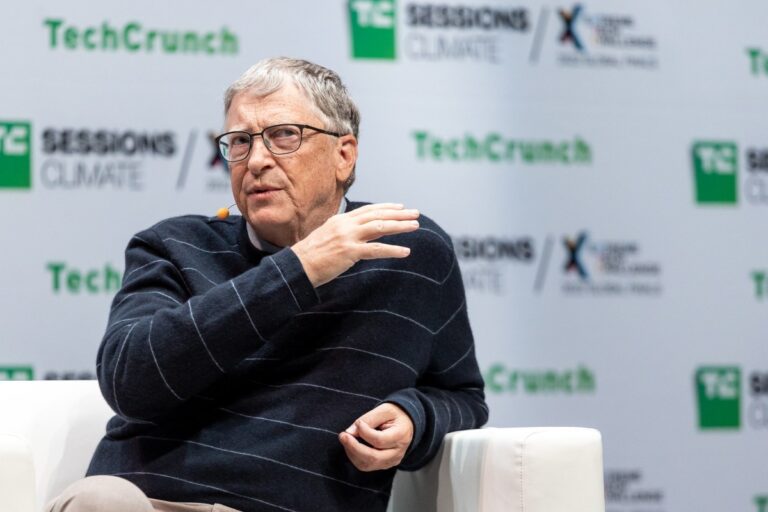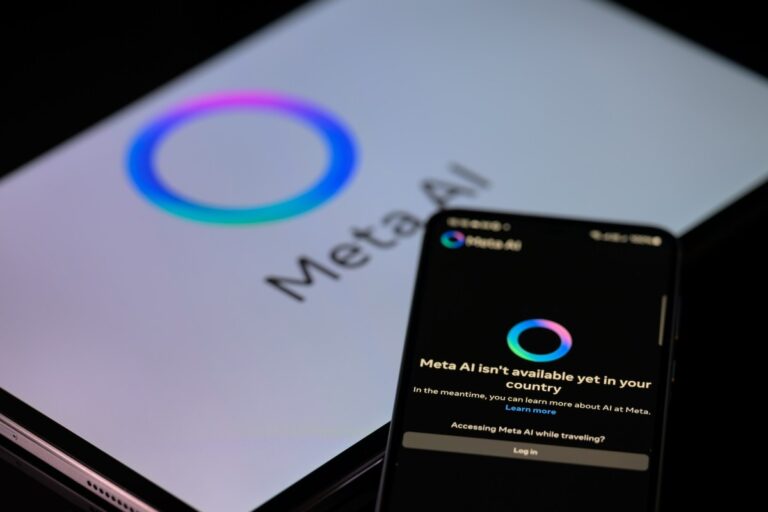AI Benchmarking Battles: How Pokémon is Shaping the Future of Artificial Intelligence
In the ever-evolving world of artificial intelligence, benchmarks are critical for assessing model performance. Recently, a Pokémon AI benchmarking controversy has emerged, drawing attention to how different implementations can significantly influence outcomes.
The Viral Claim: Gemini vs. Claude in Pokémon
Last week, a post on X sparked widespread interest, claiming that Google’s latest Gemini model outperformed Anthropic’s Claude model in the original Pokémon video game trilogy. According to the post, Gemini had advanced to Lavender Town during a developer’s Twitch stream, while Claude remained stuck at Mount Moon as of late February.
Gemini is literally ahead of Claude atm in pokemon after reaching Lavender Town
119 live views only btw, incredibly underrated stream pic.twitter.com/8AvSovAI4x
Understanding the Advantage
However, the viral post overlooked a crucial detail: Gemini had a notable advantage. Users on Reddit highlighted that the developer responsible for the Gemini stream created a custom minimap to assist the model in identifying game elements, such as cuttable trees. This enhancement reduced the need for Gemini to analyze screenshots before making gameplay decisions.
AI Benchmarks: Pokémon and Beyond
While Pokémon is sometimes viewed as a light-hearted AI benchmark, it serves as an interesting case study on how various implementations can skew results. For instance, Anthropic released two performance scores for its recent Claude 3.7 Sonnet model on the SWE-bench Verified benchmark, which assesses coding abilities:
- 62.3% accuracy without custom improvements
- 70.3% accuracy with a proprietary “custom scaffold”
Meta and the Challenges of Benchmarking
In a related development, Meta fine-tuned a version of its Llama 4 Maverick model to excel on the LM Arena benchmark. The standard version of this model significantly underperformed on the same evaluation.
The Implications of Custom Implementations
Given that AI benchmarks, including Pokémon, are inherently imperfect measures of model capabilities, the introduction of custom and non-standard implementations complicates comparisons. As new models are released, it appears that establishing a clear and fair benchmarking system may become increasingly challenging.
For those interested in learning more about this topic, consider exploring resources on AI benchmarks and their impact on the development of machine learning models.

